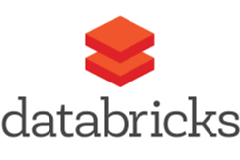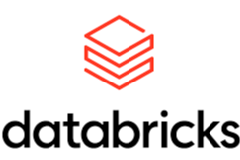Databricks is a unified data analytics platform designed to simplify and accelerate data science, data engineering, and machine learning workflows. Built on top of Apache Spark, it offers a collaborative environment for data professionals to work seamlessly across the full data lifecycle — from ingestion and transformation to model development and deployment. This course on Databricks is designed to provide hands-on experience in working with big data, enabling participants to build scalable data pipelines, perform advanced analytics, and develop AI/ML models efficiently.
The course begins with an introduction to the Databricks ecosystem, covering its architecture, workspace, and integration capabilities. Learners are introduced to key components such as notebooks, clusters, and jobs, which form the foundation for data processing tasks. Special attention is given to the Databricks Lakehouse architecture, which unifies data warehousing and AI use cases on a single platform using Delta Lake.
Participants will gain practical experience in data engineering tasks such as data ingestion, data cleansing, and transformation using PySpark and SQL. The course explores the use of Delta Lake for ACID transactions, scalable metadata handling, and time travel capabilities. Learners will understand how to optimize data workflows, implement streaming data solutions, and manage complex data pipelines in real-world scenarios.
For data analysts and business intelligence users, the course covers how to use Databricks SQL for querying structured and semi-structured data. Visualizations and dashboards are created within the Databricks environment to generate insights and reports, enabling data-driven decision-making.
A significant portion of the course is dedicated to machine learning and AI integration in Databricks. Participants will learn to build, train, tune, and deploy models using MLflow — an open-source platform integrated within Databricks. This includes automated tracking of experiments, model versioning, and collaborative model development. Advanced users can also explore hyperparameter tuning, feature engineering, and deployment using real-time scoring endpoints.
Security and governance are also emphasized in the course. Participants will understand role-based access control (RBAC), workspace permissions, data lineage, and audit logging, which are crucial for enterprise-grade implementations.
Throughout the course, hands-on labs, case studies, and project work reinforce learning, giving participants exposure to industry-relevant scenarios. Whether the goal is to become a data engineer, data scientist, or business analyst, this Databricks course equips learners with the technical and strategic skills needed to succeed in modern data-driven environments.
This course is suitable for data professionals at various levels, from beginners to experienced engineers and scientists looking to scale their data capabilities using the powerful features of Databricks.














